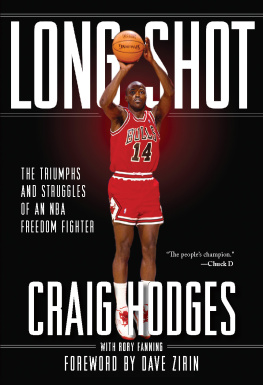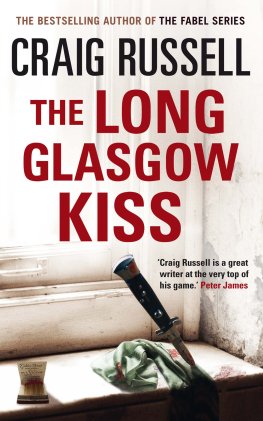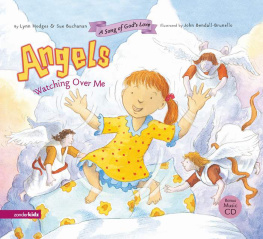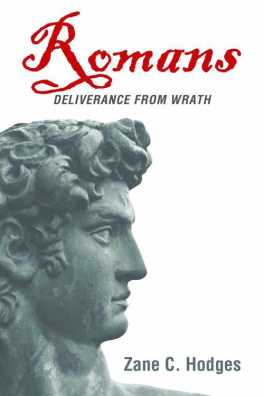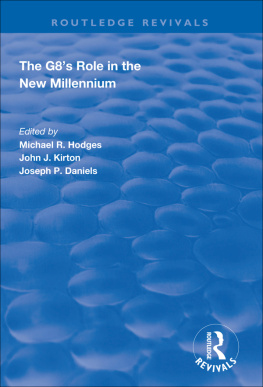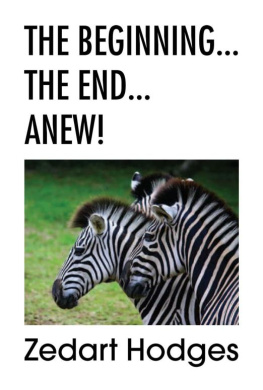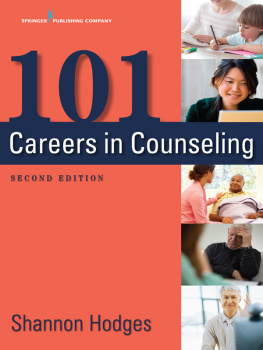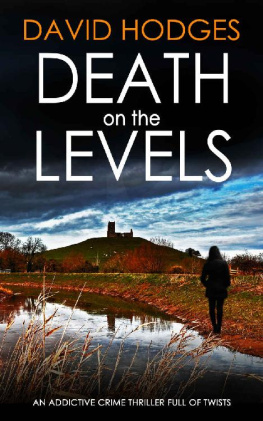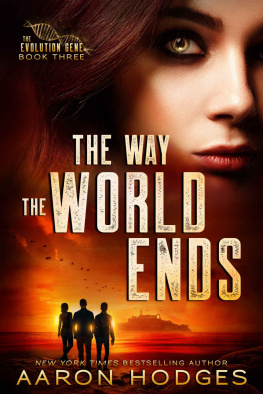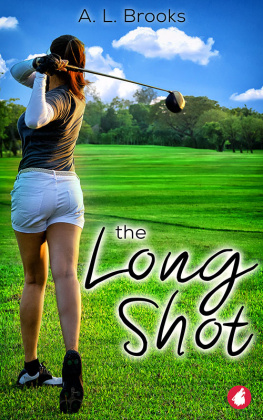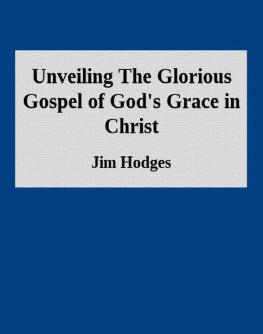Hodges Craig - Long Shot.
Here you can read online Hodges Craig - Long Shot. full text of the book (entire story) in english for free. Download pdf and epub, get meaning, cover and reviews about this ebook. City: United States., year: 2017, publisher: Haymarket Books, genre: Detective and thriller. Description of the work, (preface) as well as reviews are available. Best literature library LitArk.com created for fans of good reading and offers a wide selection of genres:
Romance novel
Science fiction
Adventure
Detective
Science
History
Home and family
Prose
Art
Politics
Computer
Non-fiction
Religion
Business
Children
Humor
Choose a favorite category and find really read worthwhile books. Enjoy immersion in the world of imagination, feel the emotions of the characters or learn something new for yourself, make an fascinating discovery.
- Book:Long Shot.
- Author:
- Publisher:Haymarket Books
- Genre:
- Year:2017
- City:United States.
- Rating:5 / 5
- Favourites:Add to favourites
- Your mark:
- 100
- 1
- 2
- 3
- 4
- 5
Long Shot.: summary, description and annotation
We offer to read an annotation, description, summary or preface (depends on what the author of the book "Long Shot." wrote himself). If you haven't found the necessary information about the book — write in the comments, we will try to find it.
Long Shot. — read online for free the complete book (whole text) full work
Below is the text of the book, divided by pages. System saving the place of the last page read, allows you to conveniently read the book "Long Shot." online for free, without having to search again every time where you left off. Put a bookmark, and you can go to the page where you finished reading at any time.
Font size:
Interval:
Bookmark:
Foreword
You Dont Want to Be Like Craig Hodges
W hen I first started covering the NBA, back in 2003, I would ask players why more of them did not use their cultural capital to speak out on social causes. The answers varied, but I invariably heard, You dont want to be like Craig Hodges. The answer was so puzzling. Many of these players were in elementary school when the long-distance marksman was draining three-pointers for the 1991 and 1992 champion Chicago Bulls. Yet his name lived on in the furtive whispers that agents and business managers would feed into their young clients ears. You dont want to be like Craig Hodges. I did not fully know what that even meant until I read this bookand learned from Mr. Hodges himselfwhat made his NBA legacy less about three-point championships or the Chicago Bulls Michael Jordan dynasty than a cautionary tale of exile.
Long Shot exposes the fable of sports and politics history as a lie. There is a trafficked myth about the history of athletic activism, and it is one that serves only the kingpins of the sports-industrial complex. The myth goes something like this: the 1960s and 1970s saw a great deal of athletic activism, as people like Muhammad Ali, Billie Jean King, and Olympic protesters John Carlos and Tommie Smith raised awareness about injustices inside and outside the sports world. This brought about real change, and, coupled with profound rises in salaries, few athletes want to speak out today. They arent rebels anymore. Theyre royalty.
There is certainly some truth to this history. The late 1960s and 1970s were absolutely a golden age for social justiceoriented jocks. And the explosion of salaries, which took place because of union battles for free agency, strikes, and the expansion of US sports through cable television as a global phenomenon, has of course been all too real. But what this history erases is that there have always beeneven in the 1980s and 1990sathletes who used their hyperexalted, brought-to-you-by-Nike platform to speak out about the world. In many respects, these athletes are the bravest of the brave because they chose to stand up in a period without mass movements in the streets and with a right-wing backlash against the movements of the 1960s permeating from DC. Because of that, these athletes paid the ultimate price for speaking out: banishment.
They were blackballed from the sports they served and were written out of the history books with a casual cruelty that would make Stalin envious. Yet their stories are vital not only because this is a resistance history worth celebrating. They also expose the true nature of the people whose hands are on the gears of the sports world. These plutocrats of play are a coterie of reactionaries who make billions off of the labor of the poor and the dreams of those in impoverished neighborhoods who may not even have PE at their schoolsas city budgets go to building stadiumslet alone the rare athleticism and resources to make the pros.
Of all the exiled athletes, there is none more important in my mind than Craig Hodges. His story needs to be told and retold. Not only because it comprises a remarkable hidden history of what it was like to be a political athlete in an era when Nike had toppled Muhammad Ali as the new King of the World and undisputed champ. It matters because we nowfinallyhave a new generation of athletes trying to figure out how to leverage their star power to say something other than Buy this flavored drink or swoosh-adorned crap. These changes are happening because of movements in the streets, but they have been ricocheting onto the field to dynamic effect. And this is especially the case in the NBA. Superstar players like LeBron James, Derrick Rose, and Dwyane Wadeamong many othershave chosen to stand with the Black Lives Matter movement to say with bracing clarity that if they are worth cheering on the court, then their humanity and the humanity of their families need to be recognized off the court.
NBA players also had a critical role in finally toppling the openly racist slumlord billionaire owner of the Los Angeles Clippers, Donald Sterling (who, as a new owner, had a rookie on his San Diego Clippers team by the name of Craig Hodges). Superstars like Stephen Currywho, as a young child, also makes an appearance in these pageshave stood with the victims of an anti-Islamic hate crime, and players have spoken out in support of LGBT rights so the world knows that the locker room is a safe space. Its been a head-spinning transformation for a league that for decades defined itself by its absence of politics, as every player wanted to be like the ultimate pitchman, who youd better believe is in this book: Michael Jordan. But now those days are done. As Howard Bryant, columnist for ESPN and one of the most astute observers out there, said to me, In the past, we would have been shocked if a player of LeBrons caliber had spoken out against police brutality. Now we become shocked when he doesnt.
As we go to press, the bar has been raised by San Francisco 49ers quarterback Colin Kaepernicks national anthem protest. He is standing up to police violence and racism, and for the very right of athletes to have a voice. Implicitly he stands in the tradition of Craig Hodges.
As players begin to find their voice, it is critical they realize that they are not reinventing the wheel and they do not have to go back fifty years to find athletes who felt the same passion for social justice that they shoulder. That is why the Craig Hodges story is so critical for every NBA player, every member of the media, and every NBA fan to read. It should also be read by anyone who has ever had to stand up in difficult circumstances and risk it all in order to be heard. It is time to remove Craig Hodges from exile status and place him where he has always belonged: on the short list of the activist athletes who stood tall, paid the price, and now live their lives perhaps scarred but without regrets. Read this book so a new generation of NBA players and fans will know his true story. Read this book so you can say not in a whisper but with crystal-clear confidence: You do want to be like Craig Hodges.
Dave Zirin
Washington, DC, June 2016
Preface
I t was a humid morning in Chicago on Thursday, August 28, 2014. I had been working for Haymarket Books, a radical nonfiction book publisher in Chicago, for nearly four years by then. My book, Worth Fighting For: An Army Rangers Journey Out of the Military and Across America , was on its way to the printer for a November release date. The book assesses my decision to leave the military after two tours to Afghanistan with the 2nd Army Ranger Battalion and then walk across the country for the Pat Tillman Foundation, in the hopes of recovering from my time in the military. I sat down at my desk, clicked on my computer, and looked for advance reviews. Nothing that day. I began scrolling through the forty or fifty emails that came through Haymarkets general information box. I clicked on an email with the subject line My Book, a standard opener in a publishing house. Peace.... My name is Craig Hodges, read the first line of the email. I did a double-take.
As a five-foot-two, barely one-hundred-pound fourteen-year-old, I could shoot three-pointers as well as any eighth grader in or around Chicago, or so I thought. Growing up in three different area suburbs, I followed every move the Bulls made during their six championship runs. Craig Hodges, more than Michael Jordan or Scottie Pippen, was my hero back then. I yelled, Hodges for three! every time Craig shot in a Bulls game, which I watched religiously. Id yell the same words each time I shot in the playground. I wanted to be Craig Hodges.
I emailed Dave Zirin, the sports editor of the Nation and author of numerous books about sports and politics, after reading Craigs email.
Dave,
Craig Hodges, my childhood idol, is pitching Haymarket a book. Pretty damn cool. Do you know him? Thoughts on how we should proceed?
Next pageFont size:
Interval:
Bookmark:
Similar books «Long Shot.»
Look at similar books to Long Shot.. We have selected literature similar in name and meaning in the hope of providing readers with more options to find new, interesting, not yet read works.
Discussion, reviews of the book Long Shot. and just readers' own opinions. Leave your comments, write what you think about the work, its meaning or the main characters. Specify what exactly you liked and what you didn't like, and why you think so.

